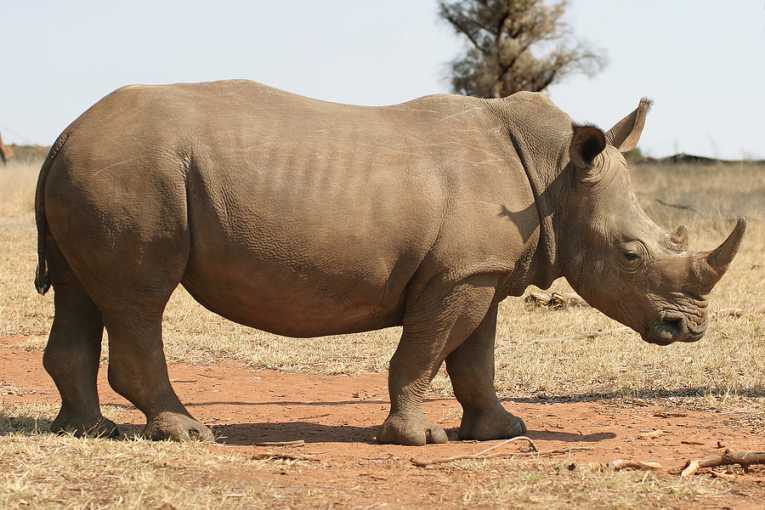Conservation charity WWF has criticised the decision by CITES, which monitors trade in endangered animals, to close its discussions on the ivory trade to the public and non-governmental organisations.
It is the first time in more than a decade that the Standing Committee of CITES (the Convention on International Trade in Endangered Species) has locked out charities and other NGOs. Kuwait - representing the Asian region - tabled the motion to close the meeting and despite objections from the United Kingdom and Kenyan governments the resolution was passed.
The meeting was discussing how to better protect elephants and deal with the illegal ivory trade and WWF, which donates to CITES work on elephants, is furious."This is a major step backwards for CITES," said Colman O'Criodain, WWF's Wildlife Trade Policy Analyst. "Civil society organizations have a right to be present in these discussions, not least of all because some of them, including WWF, are donors to the work of CITES on elephants."
WWF works in 22 countries to help save elephants and gives money to the CITES Elephant Trade Information System and the charity fears that other discussions in the near future will be held behind closed doors.
"Given that the major consumer markets for illegal ivory, rhino horn and tiger products are located in Asia, particularly in China, Vietnam and Thailand, one can only assume that this motion was an attempt to evade proper accountability," said Dr Joseph Okori, WWF's African Rhino Coordinator. "If it becomes common practice for non-compliant countries to evade public scrutiny, CITES will cease to be relevant."
The Standing Committee is made up of 19 member states who represent wider regions, out of these, seven voted to close the session, six voted against with three abstentions.
Top Image Credit: Lone Rhino walking in the grasslands in the wild © kimdasilva










